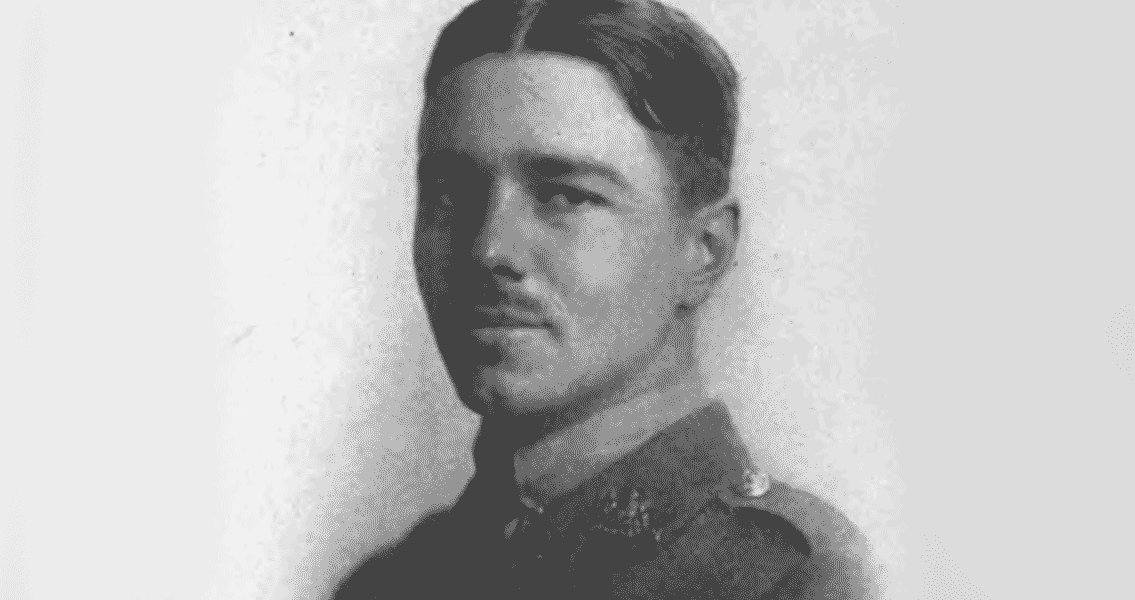<![CDATA[On the 4th November 1918 the British poet and soldier Wilfred Owen was shot and killed near the village of Ors, in France. He died just six days before the signing of the Armistice that ended the First World War. His poems have since become renowned for their harrowing depiction of the brutal conditions for soldiers in the conflict. Owen was born in 1893 in the town of Oswestry on the Welsh border. He grew up in Shrewsbury where he studied at the local Technical College. He started writing poetry as a teenager, with his biggest influences being the Romantic poets Shelley and Keats. It seems that he had experimented with verse consistently throughout his life, but it took the horrors of war to inspire him to finally find his own voice. At the age of 20 Owen moved to France to work as a language tutor. He was living and working in Bordeaux when the war broke out in the summer of 1914. He remained there for the early months of the war, visiting a field hospital to see first hand the suffering caused by the conflict. Owen began to feel a sense of guilt that he was not fighting alongside the British soldiers, and so returned to Britain in 1915 to enrol in the armed forces. He claimed that his motivations were two fold, firstly to serve as best he could in the British Expeditionary Force, and secondly to get first hand experience of the suffering of soldiers, so he could tell their story. By January 1917 Owen had finished his training and found himself on the frontlines of the Western Front. After four months of intense fighting he was sent back to England to be treated for shell shock. While recuperating at the Craiglockhart military hospital he met Siegefried Sassoon, another of Britain's famous war time poets. Sassoon helped develop Owen's poetry and style, encouraging him to write about the horrors of the war. Owen returned to France and the frontlines in August 1918. Over the next few months he and the rest of the British army would encounter some of the most intense fighting of the war, as the conflict came to its conclusion. Owen won the Military Cross in October 1918 for seizing a German machine gun and using it against the enemy. Less than a month later the Allied forces attempted to cross the Sambre Canal at Ors, where Owen was shot and killed in action. Very little of Wilfred Owen's poetry was published in his lifetime, but is has since grown in stature through the release of a variety of collections. Pieces such as 'The Anthem for Doomed Youth' and 'Dulce et Decorum Est' have become renowned as sombre depictions of the conditions of World War One, as well as universal statements on the folly of war. Owen's work is so well renowned simply because it was written by someone who had lived through the same experiences as many other soldiers. Bravery awards, shell shock and a tragic death - Owen's life was typical of many in the First World War. His talents as a poet however were completely unique, and allowed him to express vividly the tragic human costs of modern warfare.]]>
The Death of Wilfred Owen
